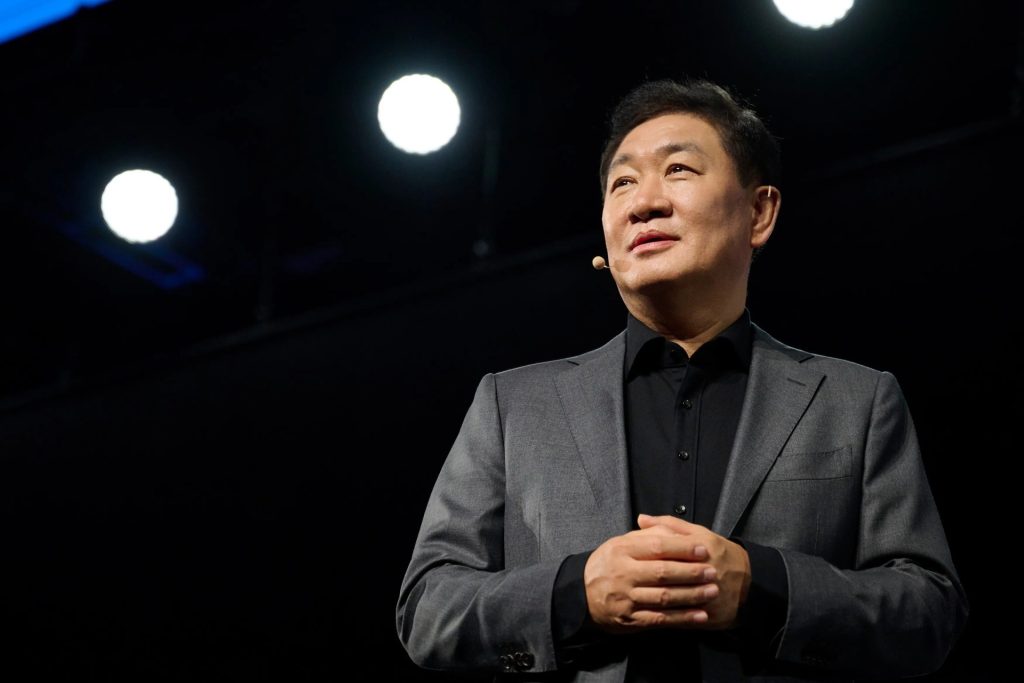Blogs
Samsung CEO Passes Away Suddenly
Samsung CEO Han Jong-hee passed away on March 25 due to cardiac arrest at the age of 63.
According to Reuters, a Samsung spokesperson confirmed Han’s passing via phone.
Chosun Biz reported that Han suffered a cardiac arrest following his daughter’s wedding on March 22. He was rushed to Seoul Samsung Hospital for emergency treatment but did not survive. Han was scheduled to speak at a major Samsung event on March 26, but on March 24, the company announced that the schedule had been adjusted for another speaker.
“We pray for the soul of the departed. He dedicated 37 years to the company, leading the TV division to become the world’s number one. Even in the face of challenges, he remained committed to his role as head of the TV and home appliance division,” Chosun Biz quoted an internal Samsung Electronics statement.
Han’s funeral is set to take place on March 27.
Han Jong-hee served as the head of Samsung’s mobile device business (previously led by Koh Dong-jin) and consumer electronics division (formerly led by Hyun-Suk Kim). He also became the co-CEO of Samsung Electronics alongside Jun Young-hyun, who oversees the company’s semiconductor business.
On March 19, Han appeared at Samsung’s annual shareholders’ meeting in Suwon, South Korea, where he acknowledged that the company’s technological competitiveness had weakened in recent years.
To address this, he pledged that Samsung would pursue “meaningful achievements” in mergers and acquisitions (M&A) in 2025 as part of efforts to restore growth.
“M&A in the semiconductor sector has been challenging due to regulatory barriers and national interests, but we are determined to achieve concrete results this year,” Han stated.
Against this backdrop, Samsung Chairman Lee Jae-yong issued an urgent message to thousands of senior executives, emphasizing that the company was facing an existential crisis—one that required either transformation or acceptance of failure.
In a recorded message, Chairman Lee stressed: “Samsung is facing a life-or-death challenge. We must reflect deeply at all levels of leadership. We must invest in the future, even if it means sacrificing short-term profits.”

